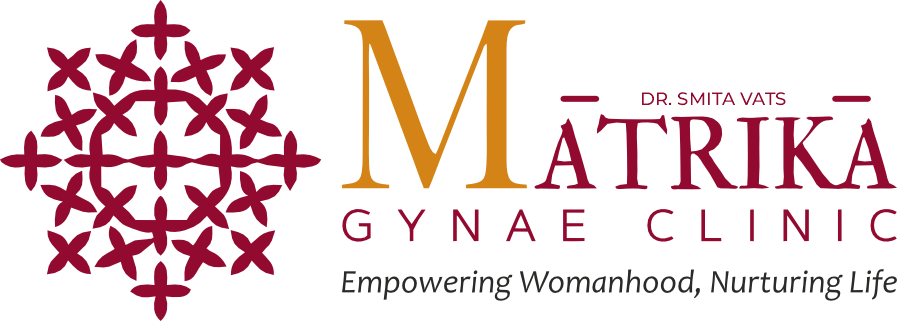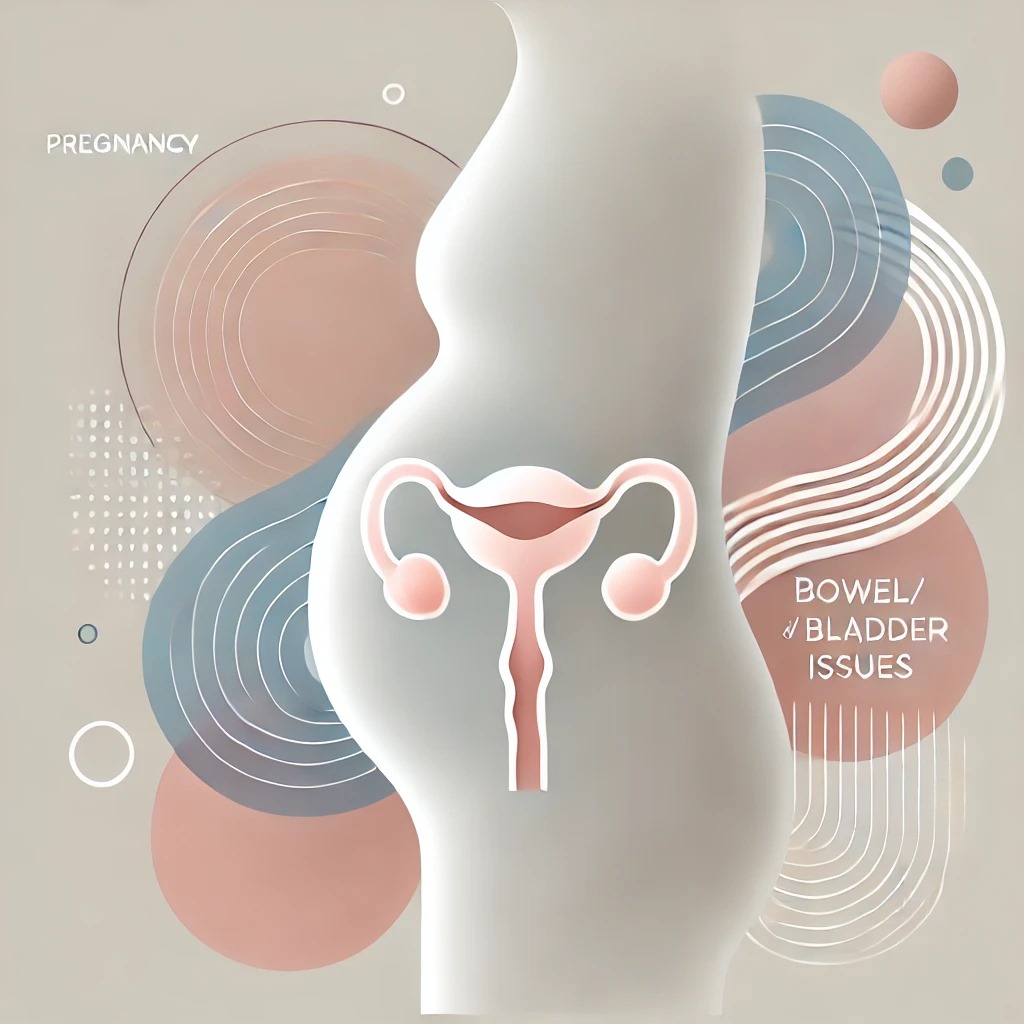Pregnancy , for most women, is a journey of joyful anticipation, excitement and anxiety all at the same time . This is because alongwith the thrill of welcoming a new life into your life, pregnancy brings along a lot of hormonal and physical changes in your body which may disrupt your normal daily routine to a significant extent. Most important among these are the bowel and bladder problems which very few people anticipate, or look forward to.
Bowel ( Gastrointestinal ) problems in pregnancy
During pregnancy , the various involuntary smooth muscles of the body relax in response to the progesterone hormone and this leads to slowdown of the movement of the food through the stomach & intestines. As a result, the food takes a longer duration to pass through the intestinal tract & this leads to production of more gases due to the action of the bacteria in the intestines acting over the food . Hence there is a sensation of bloating & fullness as well as belching/ flatulence that is commonly associated with pregnancy. Apart from this, the slower movement of the intestinal muscles also predisposes to a tendency for constipation in pregnancy. This may aggravate the condition in women who already have a pre-existing constipation and they may develop haemorrhoids ( Piles ) during pregnancy. While there is very little that we can do to prevent the hormonal changes of pregnancy, they can surely be managed by a number of interventions which can minimize the unpleasant side effects.
Dealing with gastrointestinal issues in pregnancy:
The various steps to minimize constipation in pregnancy include :
- Plenty of oral fluids : Make sure that you consume at least 10- 12 glasses of water everyday. If plain water seems distasteful, you can add a dash of lime/ mint/ orange or other natural flavours to the water .
- High fibre diet : Include a lot of green leafy vegetables in your diet alongwith wholegrain cereals, fruits and high fibre content in your daily diet.
- Stay physically active : It is a known fact that general physical inactivity also slows down the intestinal movement & aggravates constipation. If there is no medical contraindication to activity, continue your physical activities as before and include at least half an hour of moderate exercise in your daily routine.
- Include high fibre food items like Dates, figs, apricots, flaxseed, prunes, raisins etc in your daily diet to prevent constipation.
- Bulk forming laxatives or stool softeners may be prescribed by your doctor if the condition does not improve with the above measures.
- Reconsider the brand of Iron supplements : Sometimes a particular brand of Iron may lead to more constipation in some women as compared to others. Consult your doctor regarding switching over to a different Iron preparation.
Apart from constipation, there maybe a feeling of fullness and bloating , especially during the later months of pregnancy when the increasing bulk of the uterus and baby compresses and displaces the intestines and stomach . This can be handled by consuming multiple small meals through the day instead of taking 2-3 large meals. Walking around after meals for about 20-30 mins also helps to decrease the feeling of fullness that one encounters after meals. Avoid lying down immediately after your meals and include some natural anti-flatulents like Hing/ Zeera/ mint/ginger/garlic in your cooking to minimize gastric problems. For persistent symptoms, consult your doctor.
Bladder problems during pregnancy
The various hormones produced in the body in response to pregnancy alter the volume and flow of blood along the urinary tract . Additionally, the increased blood volume in pregnancy leads to production of greater amounts of urine in pregnancy. Alongwith this, the increasing bulk of the uterus also presses down over the urinary bladder and hence leads to increased frequency of urination in pregnancy. The smooth muscles of the urinary tract also relax in response to the progesterone hormone , thus slowing the emptying of the urinary tract & bladder when you pass urine. Consequently, you end up passing small amounts of urine at frequent intervals because the bladder does get completely emptied when you visit the washroom.
As you pass from the first trimester into the second trimester of pregnancy, the uterus lifts off away from the urinary bladder into the abdomen & this eases the pressure over the bladder thus allowing you to make fewer trips to the washroom during the second trimester. In the third trimester again, the baby’s head & the increasing bulk of the growing baby & uterus press down over the bladder thus making it difficult to empty the bladder completetly and necessitating multiple trips to the washroom.
Dealing with Urinary problems in pregnancy :
The frequent trips to the washroom are the earliest sign of pregnancy and form the hallmark of first trimester. One can try to reduce the frequency of urination by following a few simple rules:
- Restrict the intake of diuretic drinks like tea & coffee which increase the formation & passage of urine
- Ensure complete evacuation of the urinary bladder by leaning a little forward while sitting on the toilet seat for urination
- Do Kegel’s pelvic floor exercises to enhance the strength of the pelvic muscles which also helps in addressing the problem of urinary leakage while coughing or sneezing,that some women experience during pregnancy. To do Kegel’s exercises, simply tighten your pelvic muscles in a manner as if you are trying to prevent the passage of urine or stools and hold this for a few seconds then relax. Repeat the process 8-10 times at least thrice in a day to strengthen your pelvic muscles .
- To minimize the night time trips to the loo, restrict your intake of fluids in late evening but make sure that you consume the required daily quantity of 10-12 glasses of water during the day time.
Pregnancy is also the time when the body is more susceptible to infections. Seek an appointment with your doctor urgently if you experience pain or burning sensation while passing urine, or if the urine appears cloudy or foul smelling , as it could be a sign of Urinary Tract Infection (UTI) which would require treatment by medications prescribed by your doctor.


